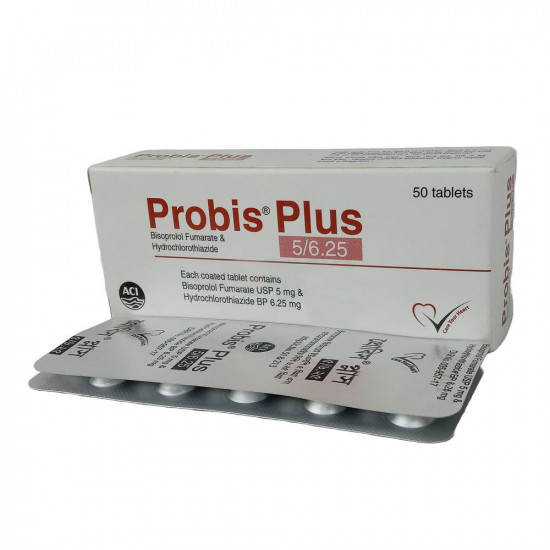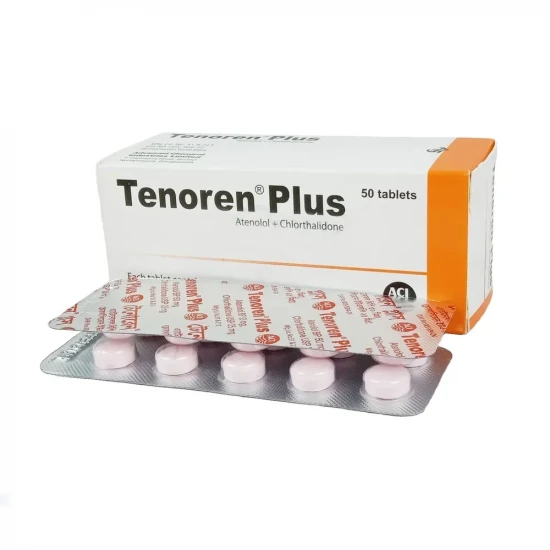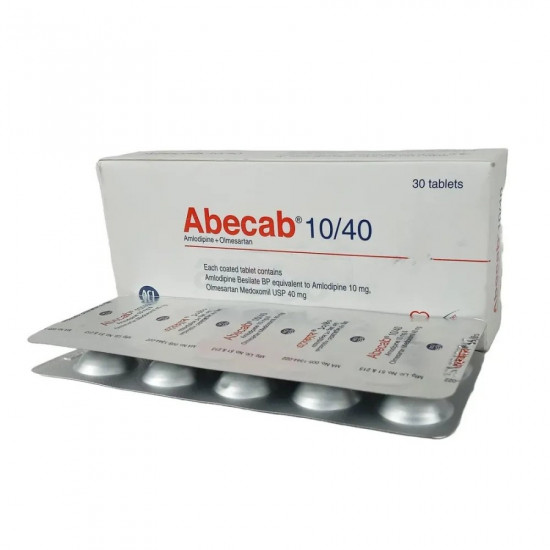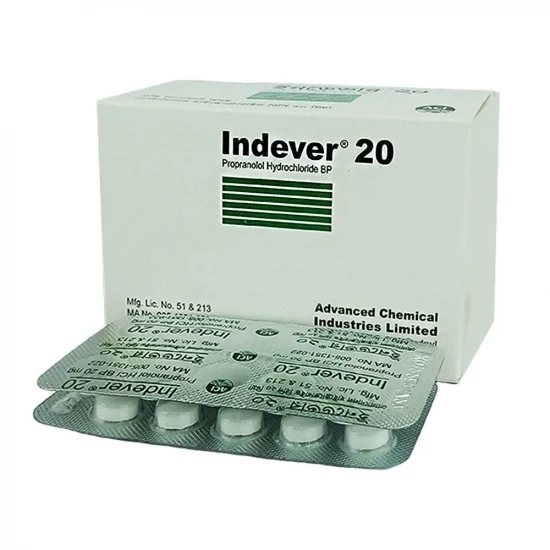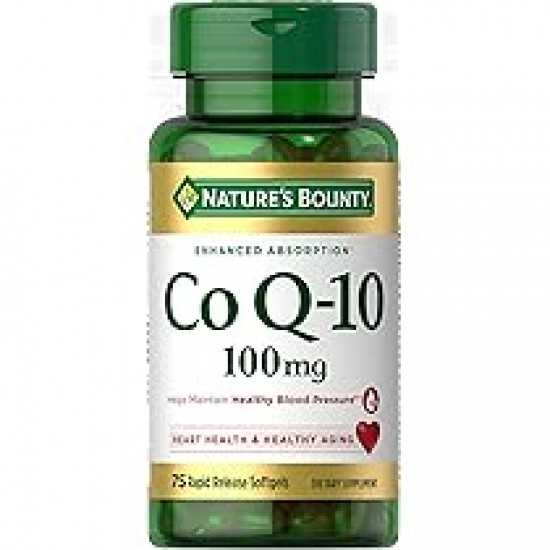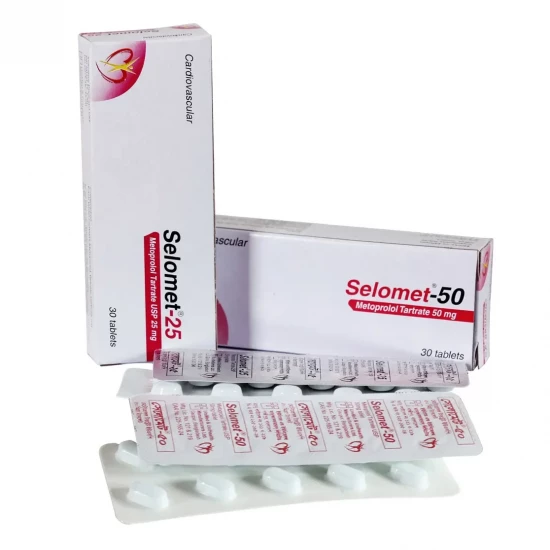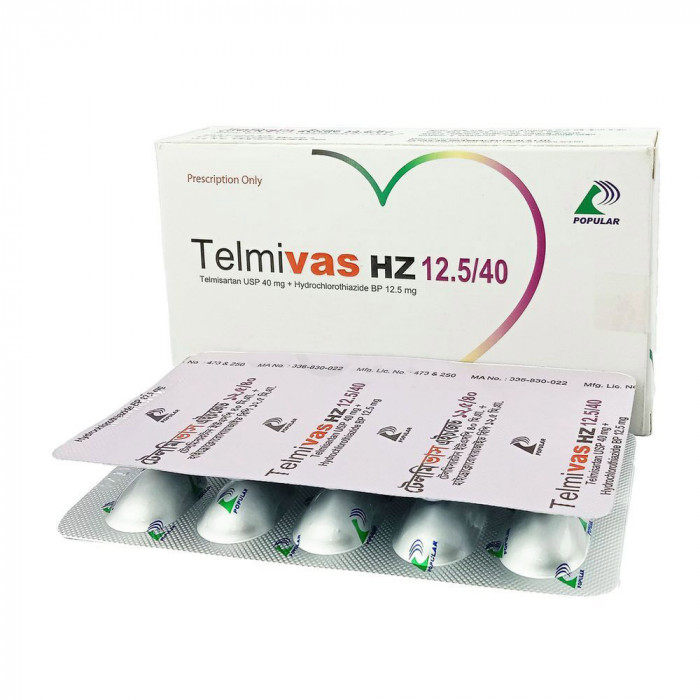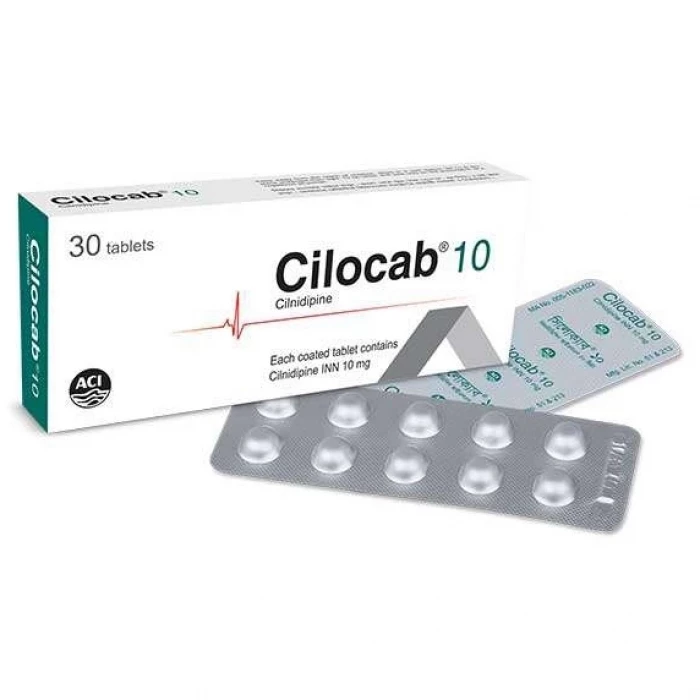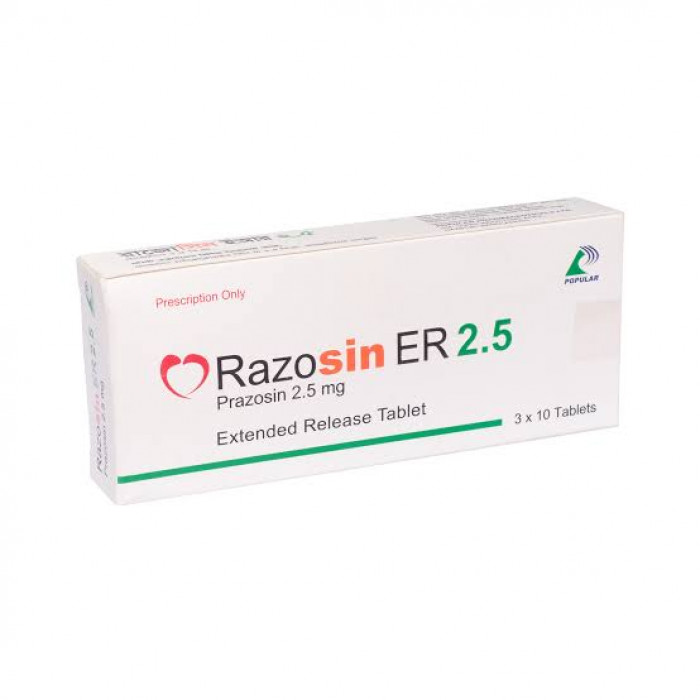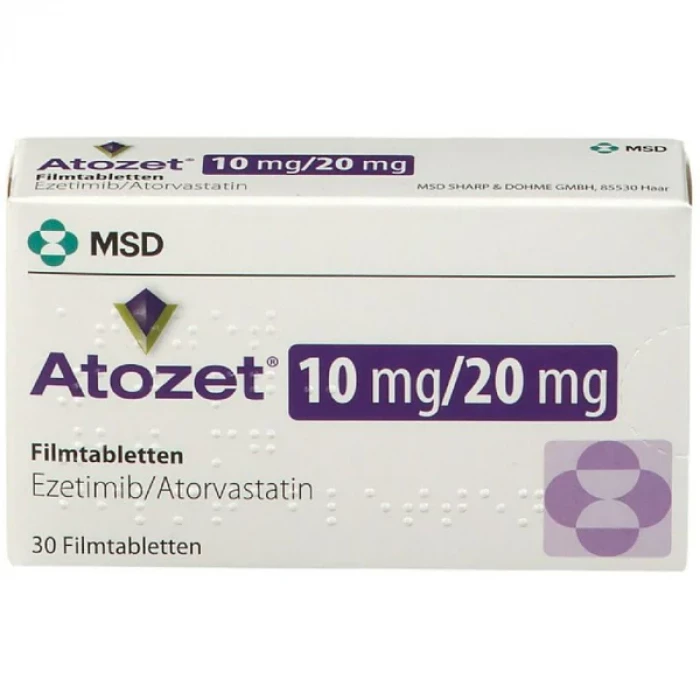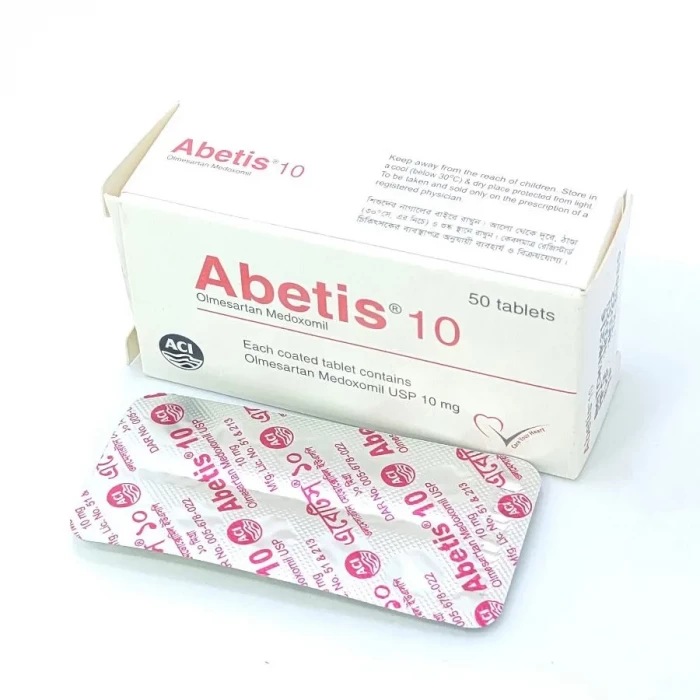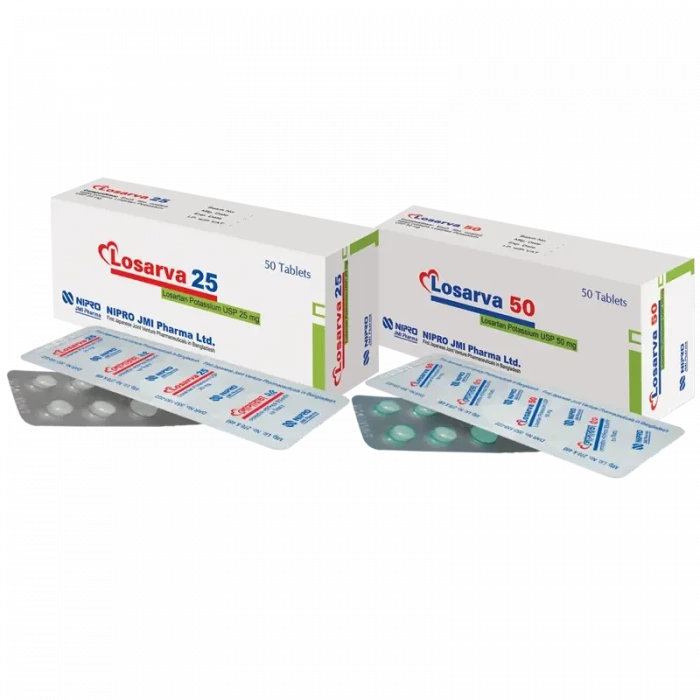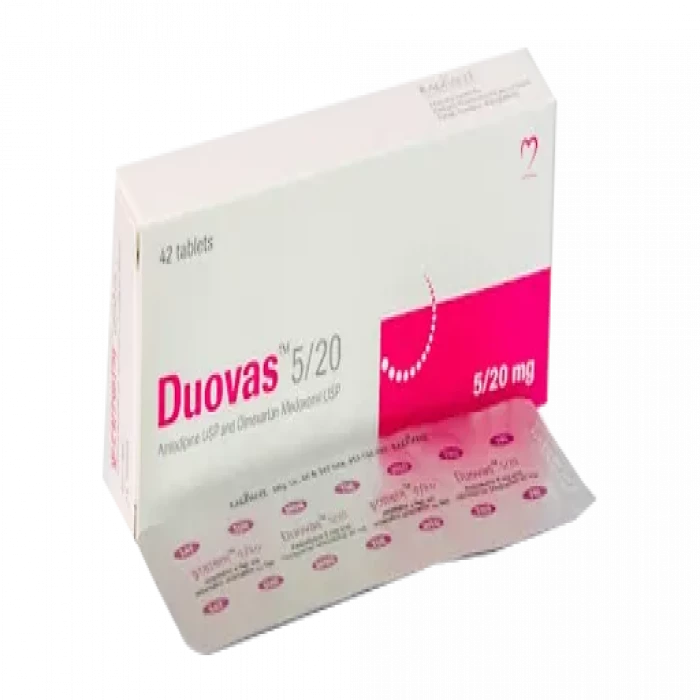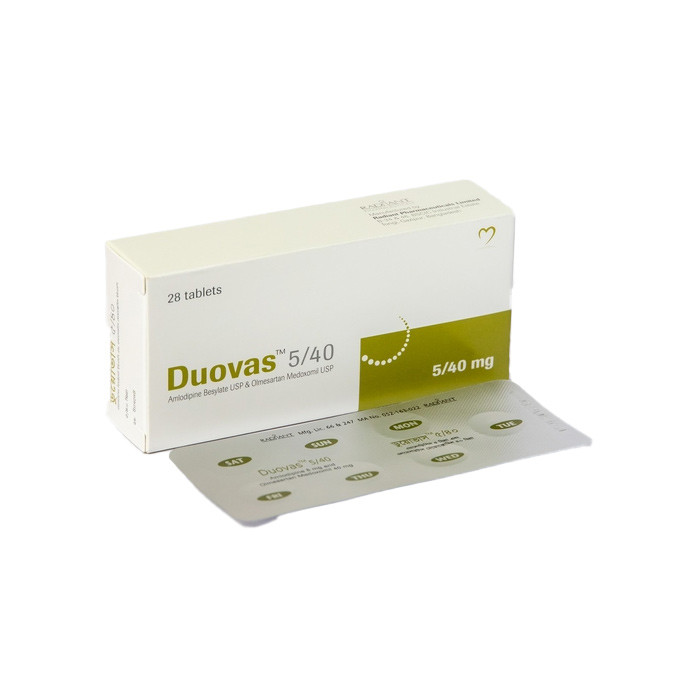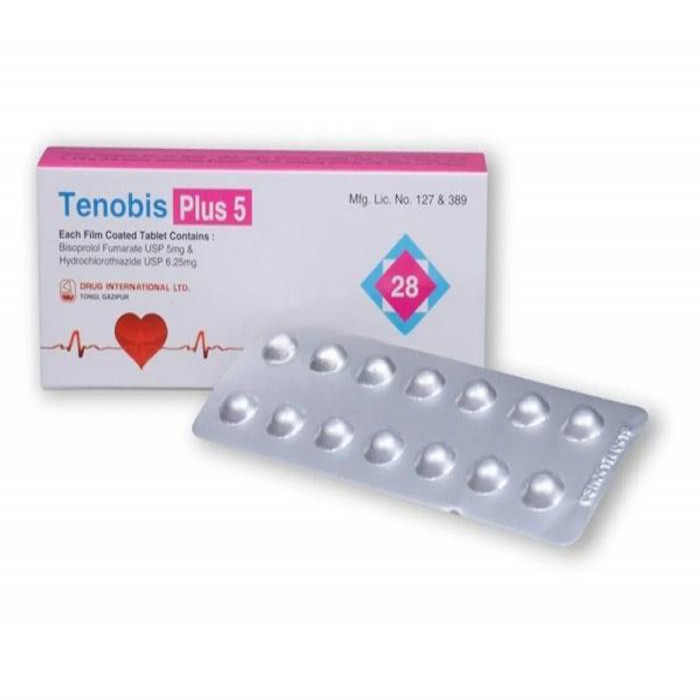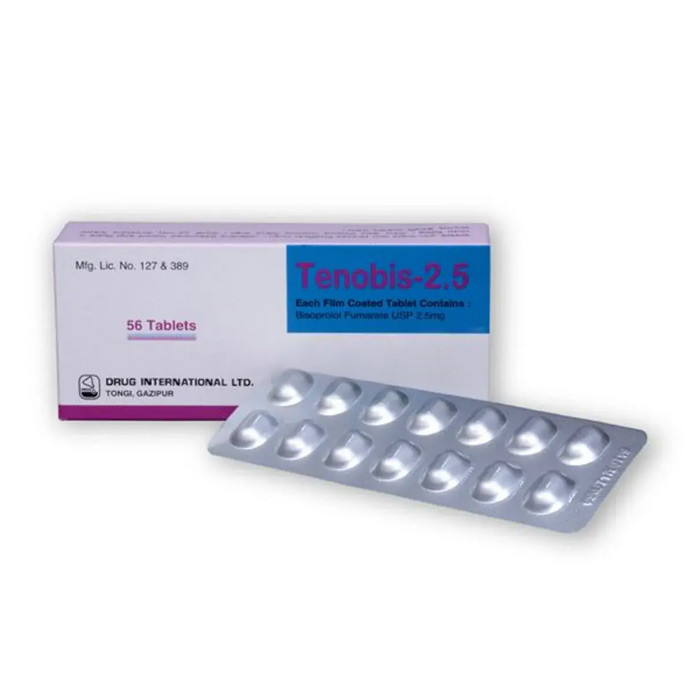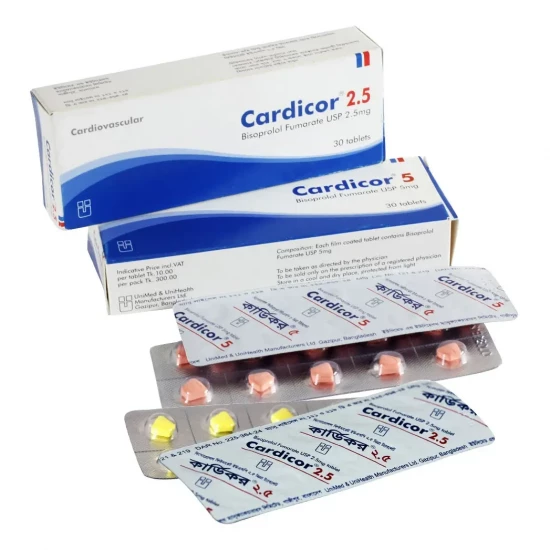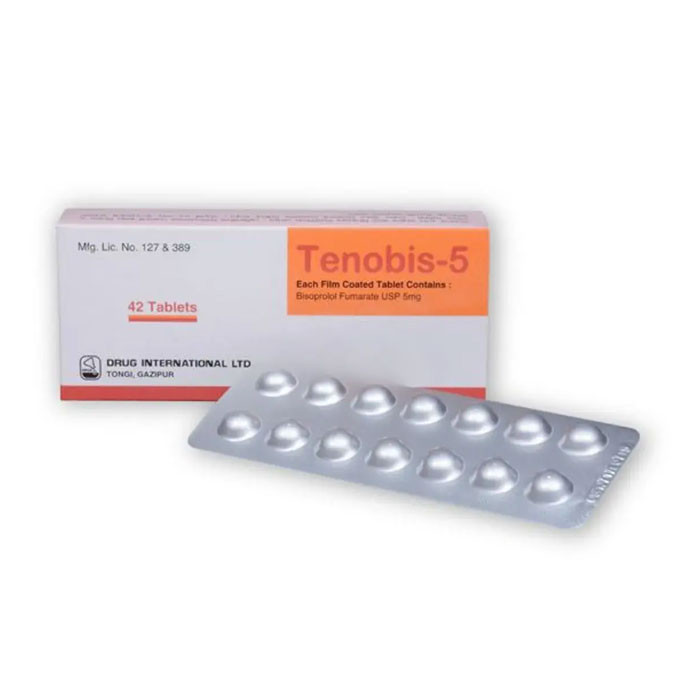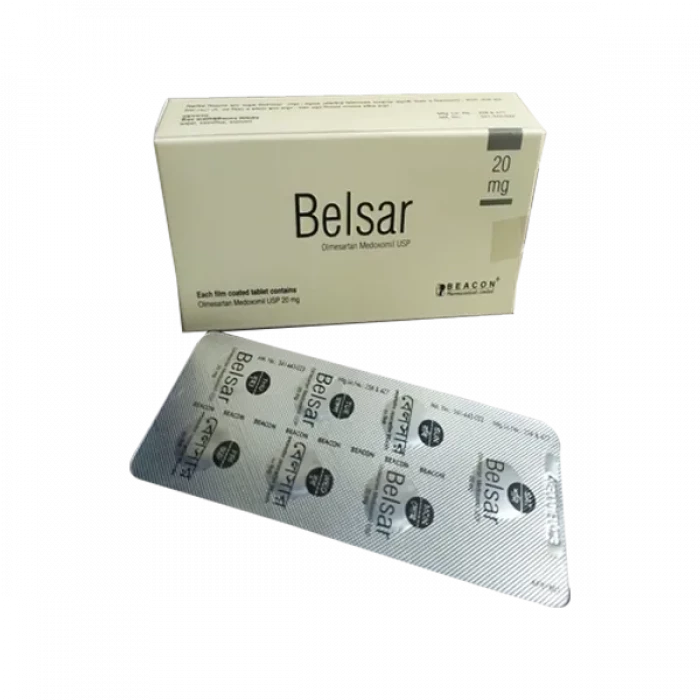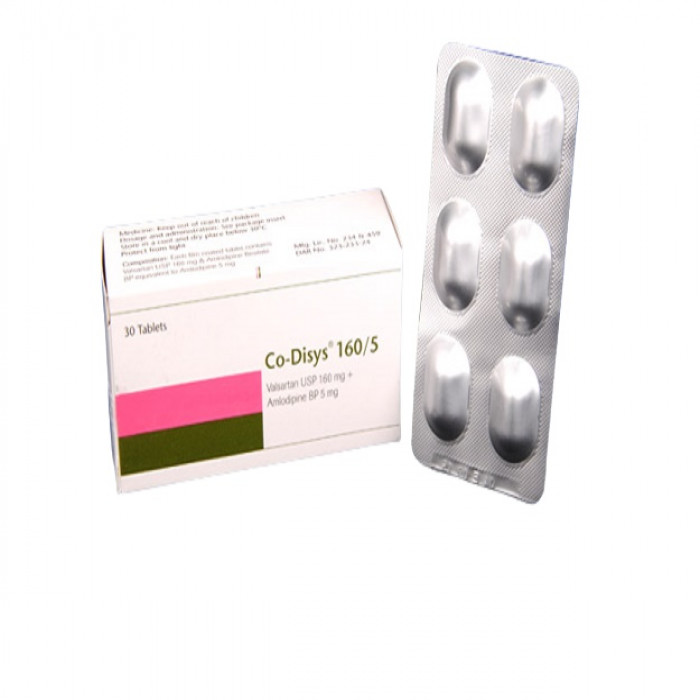
✔ 100% Authentic Product
👁️ Currently Viewing 1058
Tablet, Generic Name Amlodipine + Valsartan 5 mg+160 mg, Healthcare Pharmacuticals Ltd.
Discount
Price: ৳ 508
MRP:
৳
540
6%
Off

100% Genuine Products, Guaranteed

Safe & Secure Payments, Always

Fast, Secure & Efficient Delivery

Proper Packaging
 Cash on Delivery - All over Bangladesh
Cash on Delivery - All over Bangladesh Regular Delivery - 12-24 Hours, Dhaka City* Charge Tk.39-59
Regular Delivery - 12-24 Hours, Dhaka City* Charge Tk.39-59 Regular Delivery - 24-48 Hours, Other Cities* Charge Tk.99-110
Regular Delivery - 24-48 Hours, Other Cities* Charge Tk.99-110
 ফ্রি ডেলিভারিঃ - ৯৯৯ টাকা+ অর্ডারে, ঢাকা
শহরে
ফ্রি ডেলিভারিঃ - ৯৯৯ টাকা+ অর্ডারে, ঢাকা
শহরে ফ্রি ডেলিভারিঃ - ২৯৯৯ টাকা+ অর্ডারে, ঢাকার
বাহিরে
ফ্রি ডেলিভারিঃ - ২৯৯৯ টাকা+ অর্ডারে, ঢাকার
বাহিরে
100% Genuine Products, Guaranteed
Safe & Secure Payments, Always
Fast, Secure & Efficient Delivery
Proper Packaging
 Cash on Delivery - All over Bangladesh
Cash on Delivery - All over Bangladesh Regular Delivery - 12-24 Hours, Dhaka City* Charge Tk.39-59
Regular Delivery - 12-24 Hours, Dhaka City* Charge Tk.39-59 Regular Delivery - 24-48 Hours, Other Cities* Charge Tk.99-110
Regular Delivery - 24-48 Hours, Other Cities* Charge Tk.99-110 ফ্রি ডেলিভারিঃ - ৯৯৯ টাকা+ অর্ডারে, ঢাকা
শহরে
ফ্রি ডেলিভারিঃ - ৯৯৯ টাকা+ অর্ডারে, ঢাকা
শহরে ফ্রি ডেলিভারিঃ - ২৯৯৯ টাকা+ অর্ডারে, ঢাকার
বাহিরে
ফ্রি ডেলিভারিঃ - ২৯৯৯ টাকা+ অর্ডারে, ঢাকার
বাহিরে
✅ Description:
Indications of Co-Disys 160/5 Tablet
Co-Disys 160/5 Tablet is used to treat hypertension. This Co-Disys 160/5 Tablet is not recommended for the treatment of hypertension as a first-line treatment.
Pharmacology of Co-Disys 160/5 Tablet
Amlodipine is a dihydropyridine calcium channel blocker that prevents calcium ions from crossing the blood-brain barrier and entering vascular smooth muscle and cardiac muscle. Valsartan inhibits Angiotensin II's vasoconstrictor and aldosterone-secreting activities by preventing Angiotensin II's binding to the AT1 receptor in a variety of tissues, including vascular smooth muscle and the adrenal gland. As a result, it has no effect on the Angiotensin II production pathways. Blood pressure medications such as amlodipine and valsartan have been demonstrated to be beneficial. Both Amlodipine and Valsartan lower blood pressure by reducing peripheral resistance, but calcium influx blockade and reduction of Angiotensin II vasoconstriction are complementary mechanisms.
Co-Disys 160/5 Tablet Dosage and Administration
Treatment of hypertension: Amlodipine is an effective treatment of hypertension in once daily doses of 2.5 mg - 10 mg while Valsartan is effective in doses of 80 mg-320 mg. In clinical trials with Amlodipine and Valsartan, using amlodipine doses of 5 mg-10 mg and Valsartan doses of 160 mg-320 mg, the antihypertensive effects increased with increasing doses. The majority of the antihypertensive effect is attained within 2 weeks after initiation of therapy or a change in dose. The dosage can be increased after 1 to 2 weeks of therapy to a maximum of 10/320 mg once daily as needed to control blood pressure. This combination may be administered with or without food. This combination may be administered with other antihypertensive agents. A patient whose blood pressure is not adequately controlled with Amlodipine alone or with Valsartan alone may be switched to this combination therapy.
Elderly patients: Because of decreased clearance of Amlodipine, therapy should usually be initiated at 2.5 mg.
Renal Impairment: No initial dosage adjustment is required for patients with mild or moderate renal impairment. Titrate slowly in patients with severe renal impairment.
Hepatic Impairment: No initial dosage adjustment is required for patients with mild or moderate liver insufficiency. Titrate slowly in patients with hepatic impairment.
Interaction of Co-Disys 160/5 Tablet
There have been no drug interaction studies with the combination of Amlodipine and Valsartan, although there have been studies with the individual components.
Contraindications
Patients who are allergic to any of the components of this combo medication should avoid using it.
Co-Disys 160/5 Tablet Side effects
In general, the symptoms have been modest and temporary. Peripheral edema, nasal congestion, sore throat and difficulty swallowing, upper respiratory tract infection, disorientation, and other side effects are prevalent.
Pregnancy & Lactation
D is the pregnancy category. Amlodipine and Valsartan are not known to be excreted in human milk. Because of the risk of harm to the nursing infant, a decision should be taken on whether to stop breastfeeding or stop taking the medicine, taking into account the drug's importance to the mother.
Precautions & Warnings
Assess for hypotension, alert patients with severe obstructive coronary artery disease about the risk of myocardial infarction or exacerbated angina, and titrate cautiously in patients with impaired hepatic or severely impaired renal function.
Therapeutic Class of Co-Disys 160/5 Tablet
Combined antihypertensive preparations
Storage Conditions
Keep the temperature below 30°C and away from light and moisture. Keep out of children's reach.
⚠️Disclaimer:
At ePharma, we’re committed to providing accurate and accessible health information. However, all content is intended for informational purposes only and should not replace medical advice from a qualified physician. Please consult your healthcare provider for personalized guidance. We aim to support, not substitute, the doctor-patient relationship.




